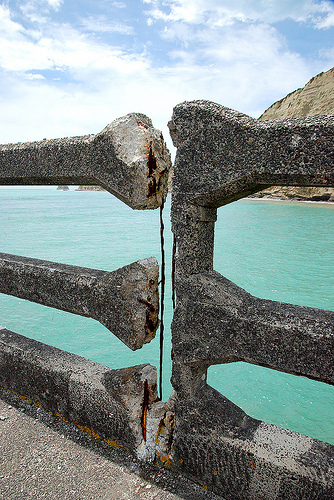
Older men often suffer from irritation and swelling of the prostate gland; this condition is known as prostatitis. It is usually caused by a bacterial infection; the bacteria enter the prostate through the urethra via the backward flow of infected urine into the prostate ducts. The prostate gland can become infected by any type of bacteria that can cause urinary tract infections (UTI).
Bacterial P accounts for up to 10 percent of all cases. This form is more clearly understood than the other forms. Other forms can be caused by neuromuscular problems in the area of the prostate and from an autoimmune disorder of the prostate. Other causes could be from traumatic injury, pressure exerted on the prostate due to obesity and from diseased tissue, and psychological stress. These forms are not as clearly understood as the bacterial form.
Causes of bacterial prostatitis
It can also be caused by the coliform bacteria that travel from the intestinal tract. a male can be at risk for bacterial P if he engages in rectal intercourse has had a urinary catheter or other medical device inserted into the urethra and bladder. he may also be at risk if his urinary tract has a structural abnormality, or has had a urinary tract infection recently. any man with an enlarged prostate may be at risk.
There are several possible causes. The organisms that may cause bacterial P are Escherichia coli, Enterococci, Pseudomonas aeruginosa, Proteus mirabilis, Klebsiella pneumonia and Staphylococcus aureus.
It can also be caused by sexually transmitted infections such as Chlamydia, Gonorrhea, Trichomonas, Syphilis and other STDs.
It can occur with an infection in and around the testicles, especially if the infection originated from an STD. Symptoms may include:
Low back pain
Pain during urination
Burning during urination
Pain while have a bowel movement
Urinary retention (can’t completely empty the bladder)
Pain with ejaculation
Pain in the area of the anus and the genitals
Blood in the semen
Foul odor to the urine
Blood in the urine
Frequency or urgent need to urinate
Diagnostic evaluations
Your doctor will do a physical examination; he/she will look for signs of prostatitis. The signs that you might have are:
You may have a discharge from your urethra
You may have enlarged lymph nodes in your groin
You may be tender in the area of your scrotum
You may be tender in the area of your rectum
You may have tenderness in the area of your prostate
Your doctor will ask you to give a urine sample for a culture and sensitivity. Your doctor will also order a routine urinalysis. if there is a discharge coming from the prostate, the doctor may choose to do a culture and sensitivity test on it to look for increased bacteria and white blood cells.
Your doctor will send you to the lab or a nurse can take a blood sample from you in the office for a complete blood count (CBC) and prostate-specific antigen (PSA).
Most cases can be successfully treated with antibiotics, and lifestyle changes. The lifestyle changes would include making changes in your diet and activity. Antibiotics such as tetracycline, doxycycline, sulfamethoxazole and others may be prescribed to treat bacterial P. if prostatitis is caused by an STD an antibiotic such as ceftriaxone and doxycycline may be given. in severe cases caused by an STD infection, then you may need to be hospitalized for medications to be given piggy back with IV fluids.
Sometimes, men with prostatitis may have difficulty emptying the bladder. if you have urgency and cannot void, your doctor may suggest that you have a suprapubic (inserted in the bladder through the pubic region and not the penis) catheter until your infection is under control. if you have pain , you may find relief by sitting in a warm bath or sitz bath. Sitting in a warm bathtub will help relieve the backache associated with prostate pain.
Look at Prostatitis Symptoms letting in 34 medical signs and symptoms of Prostatitis. Different Prostatitis Symptoms The you need To Know website gives you collection of useful articles & updated news.
Share and enjoy: